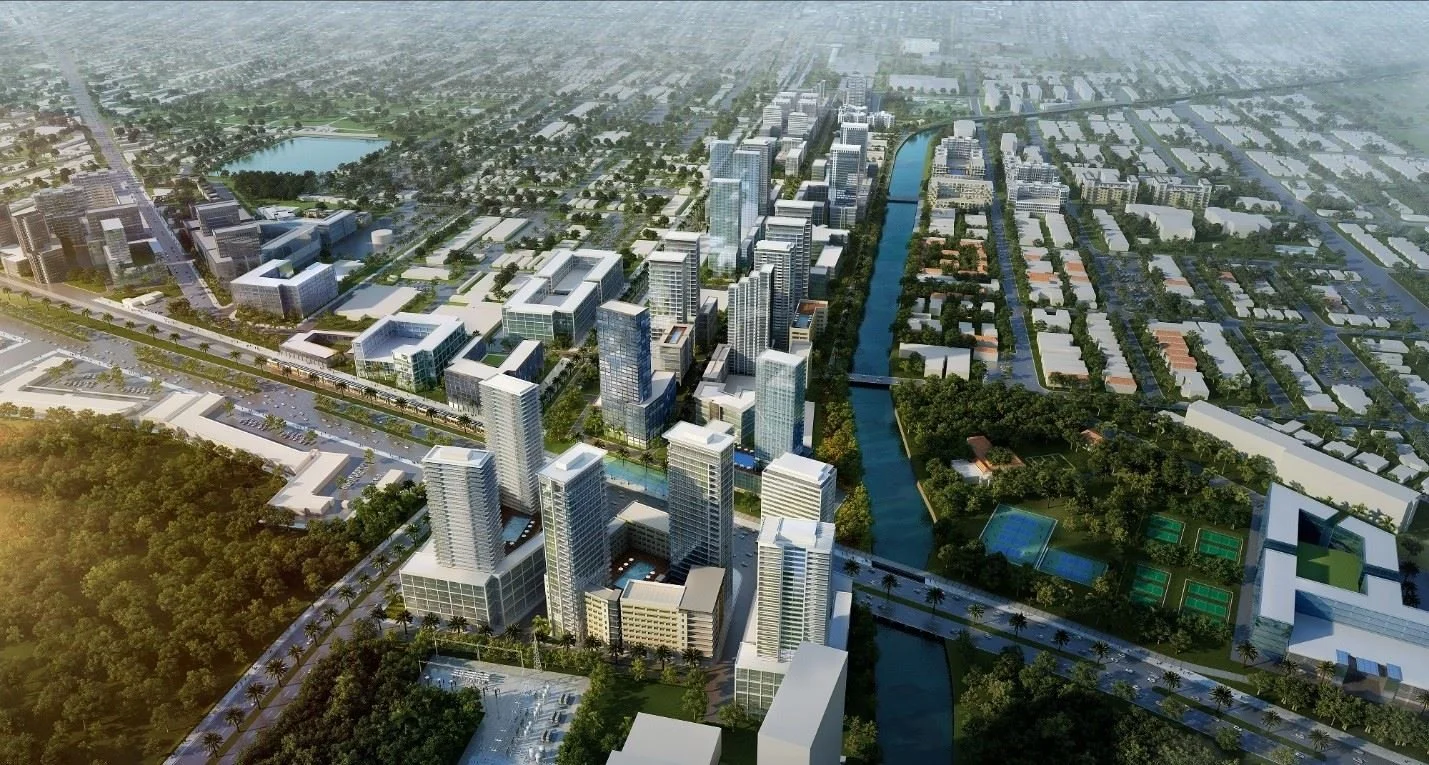Working with a Planning & Zoning Board in Florida
Before construction begins, many projects in Florida must first pass through a Planning & Zoning Board (PZB) for approval. These boards ensure proposed developments align with local land use policies, zoning codes, and community standards.
For developers, architects, and engineers, understanding how to prepare for these board meetings — and what reviewers look for — can make the difference between fast approval and costly redesigns.
What Is a Planning & Zoning Board?
A Planning & Zoning Board is an advisory or quasi-judicial body established by Florida municipalities to review development proposals and recommend approval, denial, or modifications before they move forward to the city council or county commission.
Their role includes:
Reviewing land use changes and rezoning applications.
Approving site plans, variances, and conditional uses.
Ensuring projects meet community development goals and comprehensive plans.
For a deeper understanding of land use mapping, see:
What Is the Florida Land Use Map and How to Read It.
Common Types of Planning & Zoning Board Reviews
| Review Type | Description | Typical Submittal Requirements |
|---|---|---|
| Rezoning | Requests to change zoning district (e.g., from residential to commercial). | Site plan, narrative justification, and consistency with the comprehensive plan. |
| Site Plan Review | Evaluates layout, landscaping, drainage, and traffic circulation. | Civil engineering plans, drainage statement, and architectural elevations. |
| Conditional Use | Allows specific uses under conditions set by ordinance. | Operational plan, noise, lighting, and parking studies. |
| Variance | Seeks exception from dimensional or design requirements (e.g., setbacks). | Letter of hardship, supporting site plans, and justification memo. |
| Subdivision or Plat Review | Approves division of land into legal lots. | Survey, preliminary plat, and infrastructure plans. |
The Role of Engineers in PZB Hearings
Civil engineers play a key supporting role in the planning process by providing technical data and demonstrating that the project is feasible, compliant, and coordinated with infrastructure.
Their responsibilities typically include:
Preparing site development and utility plans.
Providing drainage and traffic impact summaries.
Addressing comments from planning staff and public works reviewers.
Representing the project team during hearings to clarify technical questions.
For more on preparing documentation, see:
Preparing for a Development Review Committee (DRC) Meeting.
How to Prepare for a Planning & Zoning Board Meeting
Confirm Agenda Date and Deadlines – Submittals are usually due 30 days before the meeting.
Review Staff Reports – Planning staff will publish recommendations before the hearing.
Coordinate with All Disciplines – Ensure civil, landscape, and architectural plans align.
Prepare Visual Exhibits – Renderings, site layouts, and drainage maps help clarify design intent.
Address Anticipated Questions – Be ready to explain parking counts, drainage impacts, and zoning compatibility.
Attend and Present – A licensed engineer should be available to speak on technical compliance.
Common Reasons for PZB Deferrals or Denials
Incomplete or outdated plan sets.
Inconsistent data between narrative and drawings.
Public opposition due to noise, traffic, or flood concerns.
Missing drainage or stormwater documentation.
Conflicts with the comprehensive plan or future land use designation.
Understanding these pitfalls allows engineers to mitigate risks through strong documentation and communication.
Post-Approval Steps
Once the board approves a project (often with conditions), the applicant must:
Update plans per board conditions.
Submit for engineering and building permits.
Record easements or plats as required.
Coordinate with public works or utility departments for service connections.
This transition from conceptual approval to technical permitting is where civil engineers continue to play a leading role.
Conclusion
Navigating the Planning & Zoning Board process in Florida requires coordination, preparation, and clear communication between engineers, planners, and developers.
At RSP Engineers, we provide the technical expertise and documentation support needed to ensure your project moves smoothly through the planning and approval stages — from zoning reviews to final site permitting.
FAQs
-
No — only those involving zoning changes, variances, or conditional uses.
-
Most meet monthly, though larger municipalities may meet bi-weekly.
-
Yes — engineers frequently represent the applicant for technical portions of the review.
-
Yes — public participation is mandatory for most rezoning or variance hearings.
Partnering With Florida Developers for Planning & Zoning Success
At RSP Engineers, we guide clients through planning, zoning, and DRC review — ensuring that every project meets municipal and regulatory expectations from concept to approval.











